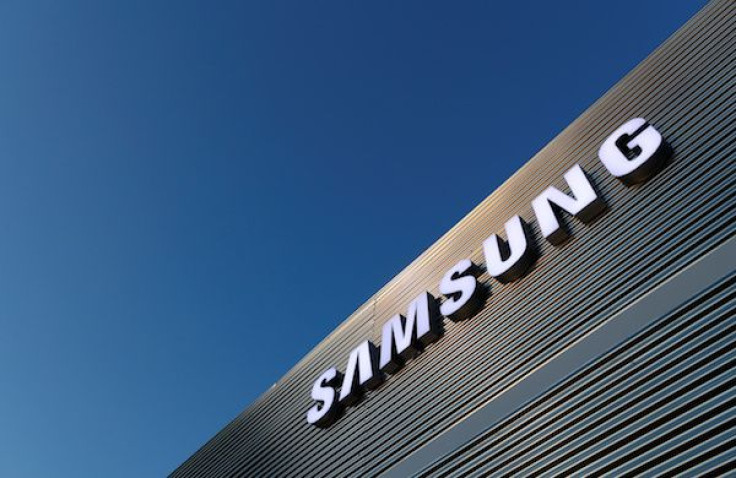Samsung’s After-Sales Service Centers Raided Amid Suspicions Of Anti-Labor Union Practices

Five Samsung after-sales service centers in different parts of South Korea were raided by prosecutors on Wednesday amid suspicions that the tech giant is sabotaging labor union activities by employees.
Yonhap has learned that investigators from the Seoul Central District Prosecutors’ Office raided the Samsung Electronics Service warehouse in Suwon and four regional after-sales service centers in Busan to gather evidence, including documents and digital files, that could prove the suspicions against Samsung.
Just last week, prosecutors also carried out a search warrant at two other regional offices of Samsung based outside of Seoul. At the time, the investigators also searched some residences of Samsung officials. The raids are part of the ongoing investigations against Samsung’s alleged scheme that hampers the establishment and operations of labor unions.
The prosecution has thus far obtained documents detailing Samsung’s alleged “master plan” against labor unions. Included in the documents are action plans and guidelines on how to disrupt the activities of workers’ organized associations. Labor union officials questioned by investigators also claimed Samsung has committed serious abuses that even led to a suicide by one employee five years ago.
Apart from the alleged anti-labor union scheme, Samsung is also currently battling authorities over the public disclosure of its chip factories’ environmental assessment reports. The Galaxy S9 maker has been doing its best to prevent the disclosure, claiming that it could undermine its competitiveness and damage South Korea’s semiconductor industry, as per The Investor.
Samsung is strongly against the release of the reports for they contain very important documents and information about its technologies. The company maintains that its technologies should not be disclosed publicly because its rival companies, both local and worldwide, could copy or use them to their own advantage.
The reports on the manufacturing lines in Pyeongtaek, Giheung and Hwaseong are said to contain 64 types of Samsung technologies that are designated as “key national technologies.” Most of them are technologies for DRAM chips and telecommunications facilities.
Samsung’s display-making subsidiary, Samsung Display, has also been examined by South Korea’s Trade Ministry. Just like its parent company, it is also asking authorities to review its assessment reports because they also contain information that shouldn’t be disclosed publicly.
© Copyright IBTimes 2024. All rights reserved.











